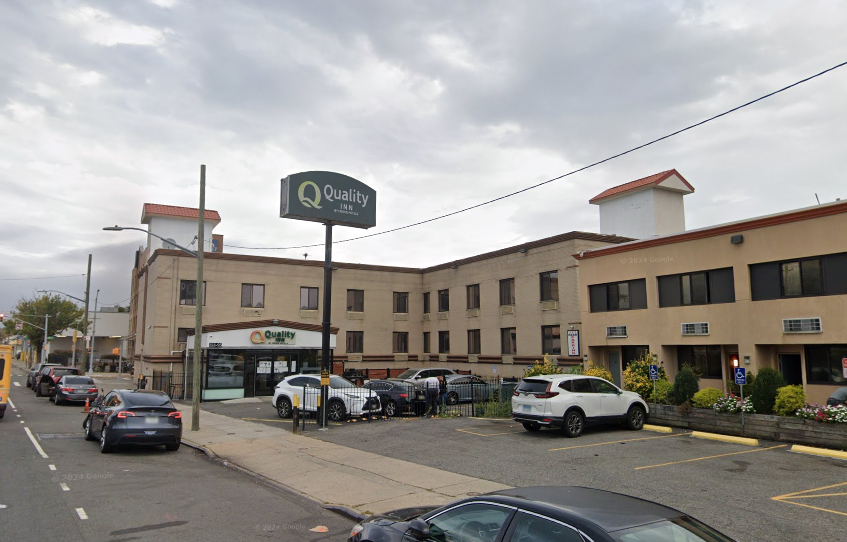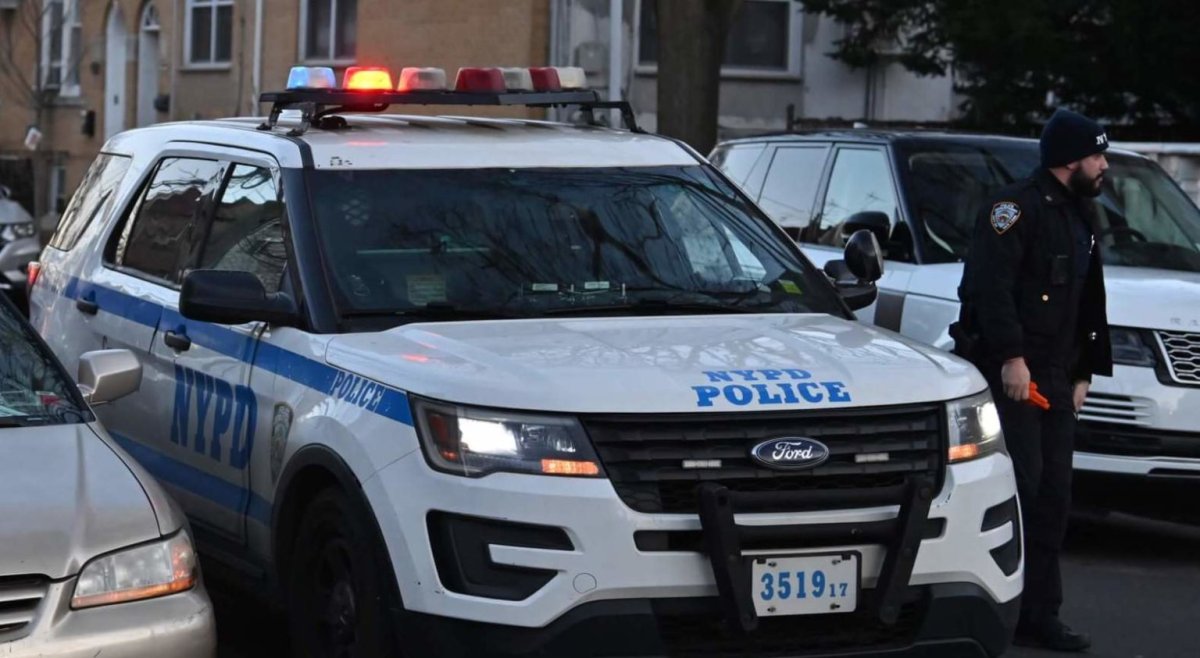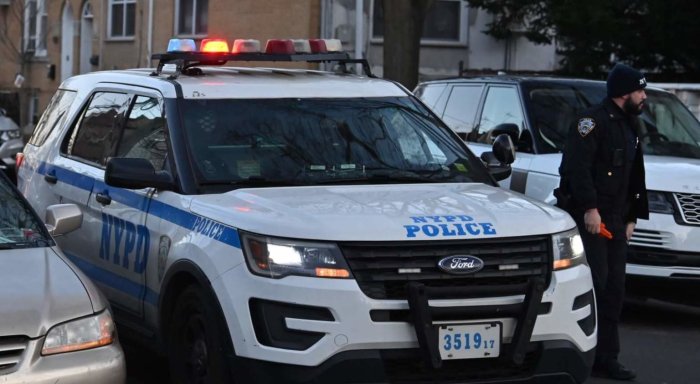BY LENORE SKENAZY | If you have passed a public playground anywhere in New York City, you have seen this sign: “Playground rules prohibit adults except in the company of children.”
That is right — no adults allowed, unless they are demonstrably there in their capacity as a caregiver. Apparently, any adult who simply wants to sit on a bench and watch kids at play could be a creep. Best to just ban them all. The idea that children and adults naturally go together has been replaced by distrust and disgust.
Maybe you recall that case in a Washington Heights playground a few years back when seven chess players were fined for — wait for it — playing chess.
The chess tables — concrete ones, placed there by the city — were deemed too close to the kids. So the men were booted.
It didn’t matter that they hadn’t caused any trouble. In fact, the grizzled guys had taken it upon themselves to teach some of the local kids how to play the Game of Kings.
The reality of the situation — the men’s kindness — didn’t matter. All that mattered was the fantasies conjured up by “What if?” thinking: What if they turned out to be monsters?
By separating the generations this way, we are creating a new society, one that actively distrusts anyone who wants to help a kid other than his own. Compare this anxiety with what goes on in Japan. There, the youngest kids wear bright yellow hats when they go to school.
“Doesn’t that put them in danger?” asked a friend I was telling about this. To her, a kid who calls attention to himself is a kid who could be attracting a predator. It is like she really thinks kids should play outside in camouflage.
But attracting adult attention is exactly what the yellow hats are supposed to do. In Japan, the assumption is that the easier it is to see children, the easier it is for grown-ups to look out for them.
Japan is coming from the idea that children are our collective responsibility. America sees children as private treasures under constant threat, so why trust anyone around them?
Which brings me to the flip side of our obsession with stranger danger: The idea that any time a parent lets her kids do anything on their own, she is actually asking the rest of us grown-ups to “babysit” them, for free.
This topic came up last week when a story from Canada went viral: An 11-year-old boy in an Alberta mall was detained by the staff of the Lego store because he was shopping there without a parent. It didn’t matter that he had come there with his own money, intending to buy the Legos he loves so much. It didn’t matter that he had shopped there many times before without incident. And it didn’t matter that he was perfectly well behaved.
All that mattered was that this time, a store employee asked his age and since it was under 12 (the magical age when Lego allows consumers to fork over cash on their own), he was deemed an unbearable burden to the store. The manager had the boy detained until his father picked him up.
This detention outraged many people, but a significant contingent sided with the store, saying that the employees there shouldn’t have to “babysit” the boy.
But that’s the point! No one did have to babysit him. He was just a person in public, albeit a young one. He was fine.
If some problem had come up — say he poked himself in the eye with a Lego block — well, then, yes, some adult may have had to come to his aid.
That is not babysitting! That is one human being helping another who happens to be under 12.
Old and young have always interacted. Adults who enjoy being around kids are, generally, adults who enjoy being around kids. They aren’t predators.
I’m not sure about the yellow hats, but Japan has the right idea. Looking out for everyone beats trusting no one.
Skenazy is a public speaker and founder of the book and blog “Free-Range Kids”
Read more: Coney Island Stays Calm After Second Mass Shooting


































